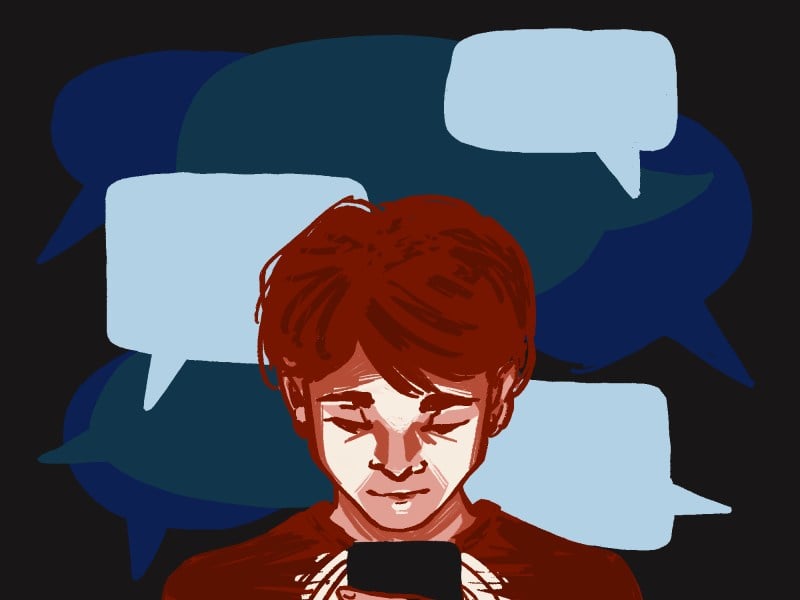Stanford is again in newspaper headlines. Most notably, The New York Times recently published a column titled “The War Comes to Stanford,” highlighting students’ speech, banners and chalk messages around campus. Other universities have been under as much, if not more, scrutiny. This is not a new phenomenon; college students’ reactions to current events have long stoked heated debate.
As a Board, we are grateful to attend university in a country with the greatest free speech protections in the world. That scope of freedom includes the expression of beliefs that we may consider immoral, inflammatory or even factually incorrect, all in the shared interest of our own speech not being silenced for these very reasons.
We are also fortunate to be under the leadership of President Saller and Provost Martinez, who have come out strongly in defense of free speech within both legal limits and Stanford community guidelines — despite strong opposition from some. The alternative to ban, condemn or censor such speech would make Stanford the arbiter of acceptable speech, which is not a position that any leading research institution should take.
Vindictive retaliation to students’ political expression can dampen free speech on college campuses. To be clear, we do not believe that college students deserve any sort of special pass to speak without facing the associated consequences. However, students should not receive threats to their safety on the basis of their opinions.
We believe that being held accountable means that our views may — and should — be questioned and criticized. Our ideas may be lambasted; they may be called unacceptable and disgusting. But recent years have seen targeted efforts to punish students by exposing personal information such as their email and home address, opening the gateway for online harassment and physical danger. These include doxxing trucks parading the names and faces of college students who voiced strong opinions on geopolitical issues, Turning Point USA’s “Professor Watchlist” which includes undergraduate students, harassment of student journalists and doxxing campaigns against professors and alumni.
Such attacks do not constitute engagement with someone’s ideas, but rather an attempt to humiliate and punish those who take staunch stances on social and political issues. It is these threats — especially when issued by those who wield the power to realize them — that chill speech, as students rightfully fear for their safety and future prospects.
As a college student in this environment, is it better to be silent or to test your ideas? Either choice seems unacceptable according to social media, yet at least silence carries less risk. But our country’s educational institutions should be incubators of ideas, which requires us to engage with a diversity of interpretations. Students should be free to challenge and contradict their peers’ views, and even their own. This is how we learn about the world with nuance, change our minds and reinforce our beliefs.
Some may say that such a view is nice in theory, but dangerous when words hold so much power to stoke hatred. It is undeniable that the modern world exists in a continual war of information and the presentation of that information. We must each acknowledge the weight of that responsibility: that our words have the real ability to harm and misinform others. Incitement that is likely to produce violence is, of course, unacceptable.
Despite these risks, the alternative of a quiet campus is far worse. As the Supreme Court has held over the ages, we must preserve a free market of ideas so that the best ones may prevail through trial and scrutiny. If we fail to do so, instead choosing to silence the voices of our opponents out of fear that their views will overwhelm ours, we will have lost all faith in our peers — and the future of our country.
The Editorial Board consists of Opinion columnists, editors and members of the Stanford community. Its views represent the collective views of members of the Editorial Board.
